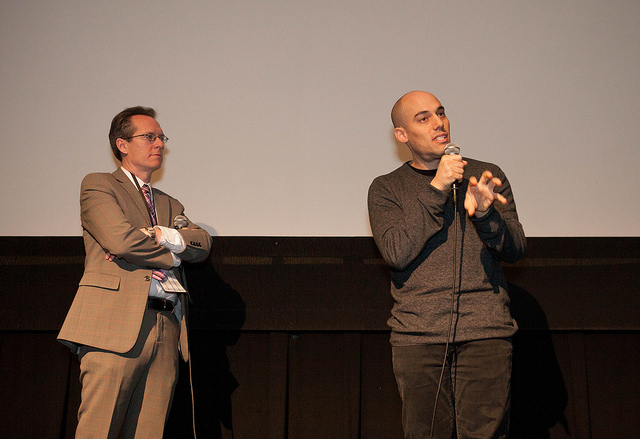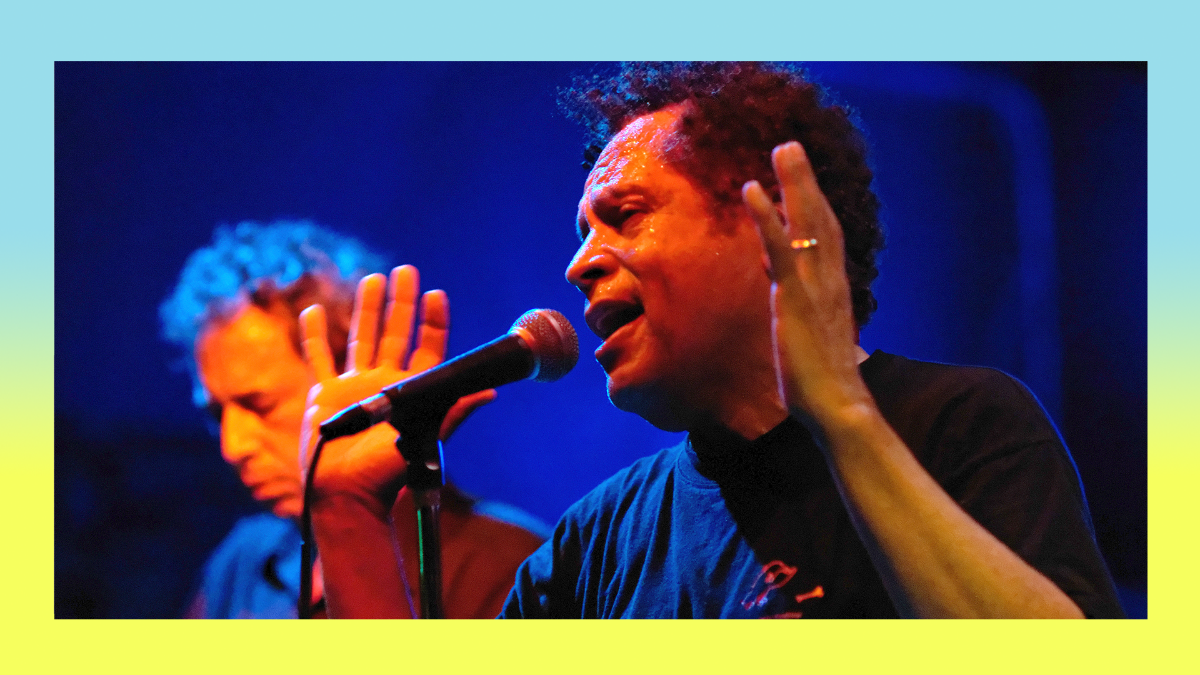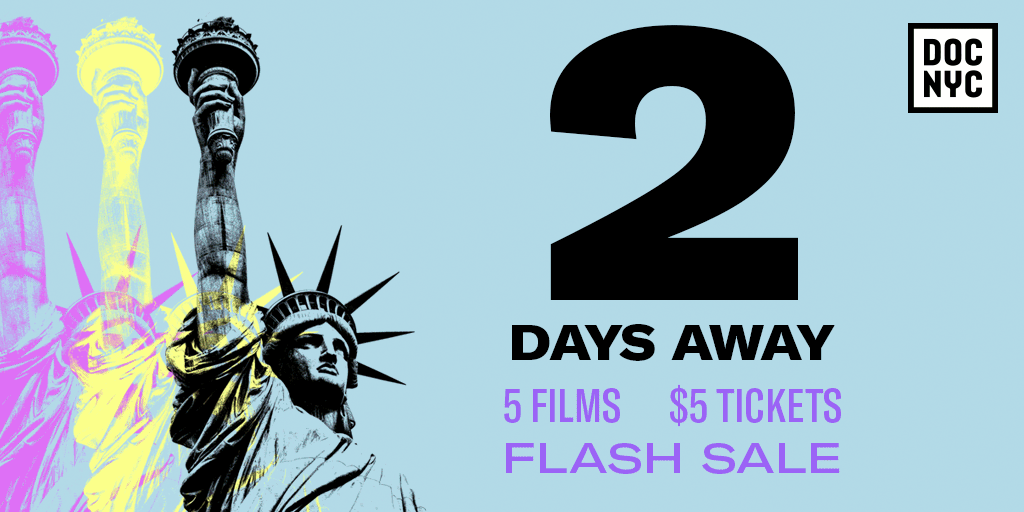The Act of Killing: Telling the Story of Indonesia’s Genocide

This post was written by DOC NYC blogger Minnie Li

In 1965-66, the military took power in Indonesia, and targeted communists, ethnic Chinese and intellectuals. They killed more than a million people. Anwar Congo, a local gangster, killed hundreds of people during the period. He was a death squad leader, and the 41st perpetrator of murders that director Joshua Oppenheimer interviewed for his film, THE ACT OF KILLING. Oppenheimer interviewed Congo for five years, generating 1,200 hours of footage. “I linger on Anwar because his pain was close to the surface,” said Oppenheimer at Friday’s DOC NYC screening of the film.
Congo is now an old man with a head full of white hair. In one scene, when his grandsons pester an injured duckling, he patiently teaches them to be gentle and apologize to it. He often has a group following him. He lives for the moment. He danced the Cha Cha on the rooftop where he had killed his victims. Congo never shied away from boasting his past and happily demonstrated the killings he did using wires—a quick and clean kill—which he added is preferable to beatings, which he said were messy and left an awful smell that lasted for days.
Oppenheimer said these accounts were “not a sign of pride, not a sign that these men lack conscience, but the opposite, a desperate attempt to convince themselves that what they did was right so that they can wake up in the morning and look into the mirror and see a human being rather than a murderer.” Congo and his friends loved Hollywood movies and scalped tickets at these movie theaters as youths. They dressed up as cowboys, gangsters and musical stars in fictional settings in the film, retelling stories about their glory days killing communists.
Something stirred inside Congo during this process of recreation. He regrets not closing a victim’s eyes after he killed him because those eyes haunt him in his sleep. Tears filled his eyes when he watched a scene in which he played the role of a victim under interrogation; his friends played the gangsters. He said he felt the fear and pain his victims experienced then. But Oppenheimer, off-screen, responds that for the victims, it was much worse. Because it was real.




